detail profile hugo santiago
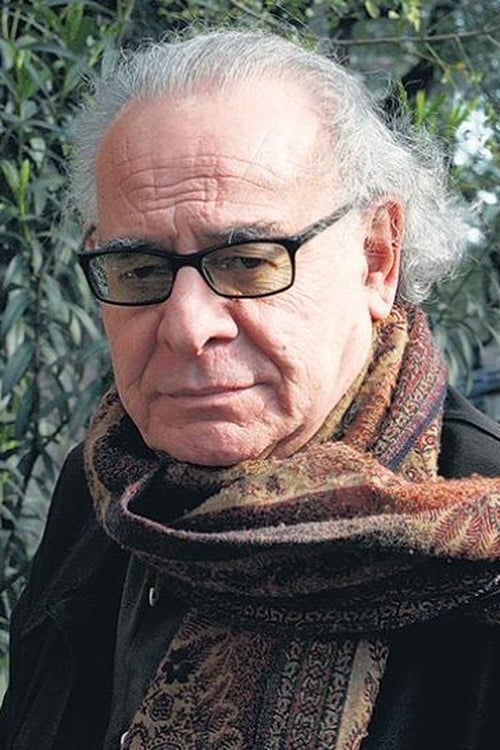
Riwayat Hidup
Hugo Santiago Muchnick was born in Buenos Aires, Argentina and lived in France from 1959 until his death in 2018.
He studied Literature, Philosophy and Music.
From 1959-66 he was assistant director to Robert Bresson.
In 1969, he made his first feature film Invasión in his native Argentina based on an idea by celebrated writers Adolfo Bioy Casares and Jorge Luis Borges, who also co-wrote the script.
From Wikipedia, the free encyclopedia
Info Pribadi
Peran Yang Di Mainkan Hugo Santiago
 During the quarantine in 2020 the two...
During the quarantine in 2020 the two...Correspondencia Llinás-Piñeiro 2020
During the quarantine in 2020, the two friends Mariano Llinás and Matías Piñeiro sent each other video letters – 8 in total, 4 each of them – to create a compilation of ideas, thoughts and exchanges commissioned by Sergi Álvarez Riosalido for La Casa Encendida (Madrid). Llinás is in Argentina and Piñeiro is in New York, and they begin to order each other portraits of places, reflections on artists, ideas on cinema.
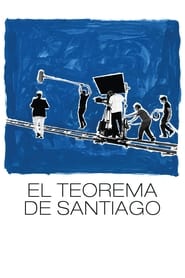 In 1969 Argentine filmmaker Hugo Santiago directed...
In 1969 Argentine filmmaker Hugo Santiago directed...Santiago's Theorem 2016
In 1969 Argentine filmmaker Hugo Santiago directed Invasión, his opera prima, written by Jorge Luis Borges and Adolfo Bioy Casares, and later settled in France. This film documents his return to Buenos Aires in 2013 to shoot his latest film, Le ciel du centaure.
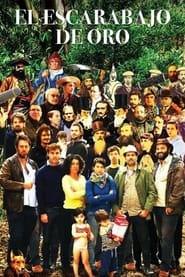 Feminism Victoria Benedictsson Leandro N Alem...
Feminism Victoria Benedictsson Leandro N Alem...The Gold Bug 2014
Feminism, Victoria Benedictsson, Leandro N. Alem, the Radical Party in Argentina, suicide, stunts, Edgar Allan Poe, the complicated relationship between low-budget films with a political aim and the film industry, Robert Louis Stevenson, fiction, facts, greed, gold treasures left by the Jesuits in Argentina, the 19th Century vs. the contemporary and the search for truth and wisdom are the background for this portrait of a clash between a Swedish artist and an Argentine film director.
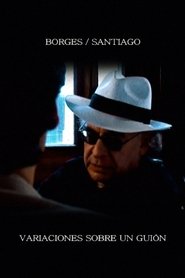 Hugo Santiago discusses the process of...
Hugo Santiago discusses the process of...Borges/Santiago: variaciones sobre un guion 2008
Hugo Santiago discusses the process of writing with Jorge Luis Borges the screenplay for the film Invasión (1969).
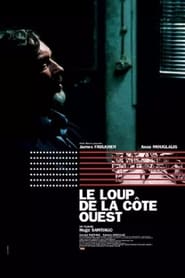 James Faulkner plays Lew Millar a...
James Faulkner plays Lew Millar a...The Wolf of the West Coast 2002
James Faulkner plays Lew Millar, a renowned private eye who is hired by a gangster to be his bodyguard. When Millar arrives at the criminal's French hideaway, the gangster is already dead. Among the people Millar investigates are the gangster's brother, the man's sister-in-law, and their teenage daughter. A judge may also offer insight into the case, as well as Millar's own past.
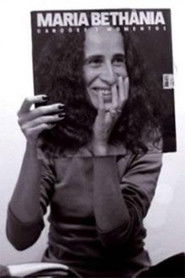 This is a journey of friendship...
This is a journey of friendship...Brazil's Maria Bethânia 2001
This is a journey of friendship, an Argentinian is going to rediscover his continent while searching for his friend from Bahia. And while the work, the records and the career of this great lady of Brazilian music are well known, the starting point, the training, the first years remained till now in a vaguely legendary and imprecise blur. Thanks to many investigations that concern as many places as times, thanks to journeys back in time through the towns and regions, the film seeks the origins of Maria Bethânia’s voice and style. Helped and led by Bethânia herself, with the assistance of Caetano Veloso and Chico Buarque, the two princes of Brazilian music, along with the complicity of the great Gilberto Gil, the author is allowed to go to the first context : the North-East. In the family home in Santo Amaro, the film finally touches the childhood of Maria Bethânia – and her brother Caetano, and this mysterious point – from which the music radiates.
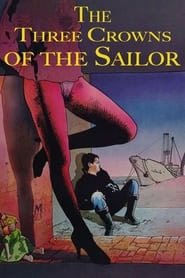 Shortly after murdering his professor a...
Shortly after murdering his professor a...Three Crowns of the Sailor 1991
Shortly after murdering his professor, a young man encounters a sailor who offers him a position on his ship in exchange for 3 Danish crowns and his attention as he recounts his life story.
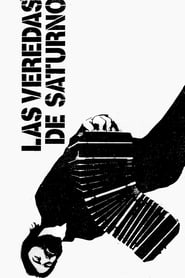 Hugo Santiago and writers Juan Jos...
Hugo Santiago and writers Juan Jos...The Sidewalks of Saturn 1986
Hugo Santiago and writers Juan José Saer and Jorge Semprún move back and forth between Paris and the city of Aquilea in a shadowy fable about exile. The frontier between one city and the other begins to blur after Bandoneonist Rodolfo Mederos is visited by his sister, a member of a guerrilla organization.
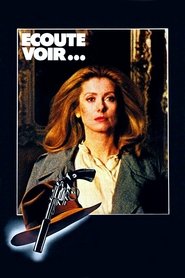 Young aristocrat Arnaud de Maule hires...
Young aristocrat Arnaud de Maule hires...See Here My Love 1979
Young aristocrat Arnaud de Maule hires female private detective Claude Alphand to investigate a strange cult, the Church of the Final Revival, that tried to recruit his girlfriend Chloé, who then disappeared, and it now stalks him.
 Hearing the summons from an elderly...
Hearing the summons from an elderly...Invasion 1969
Hearing the summons from an elderly man, a volunteer troop of middle-aged men gather to defend their country from dark foreign invaders.
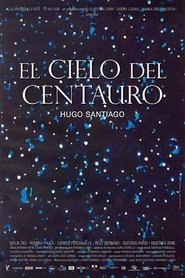 A french engineer travels in a...
A french engineer travels in a...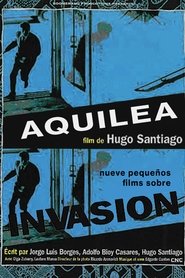
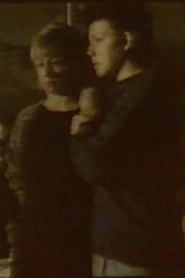 In a house half devastated by...
In a house half devastated by...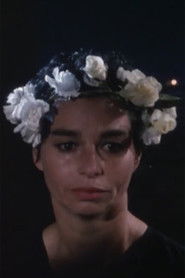 Miseenscne of the classic tragedy of...
Miseenscne of the classic tragedy of...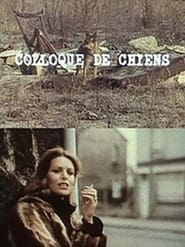 A charming tale of murder perversity...
A charming tale of murder perversity...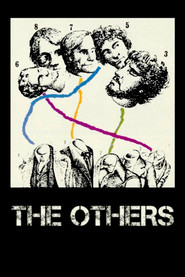 Spinoza attempting to discover why his...
Spinoza attempting to discover why his...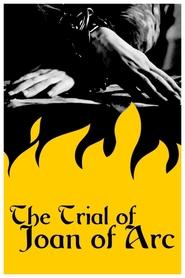 Rouen Normandy 1431 during the Hundred Years...
Rouen Normandy 1431 during the Hundred Years...